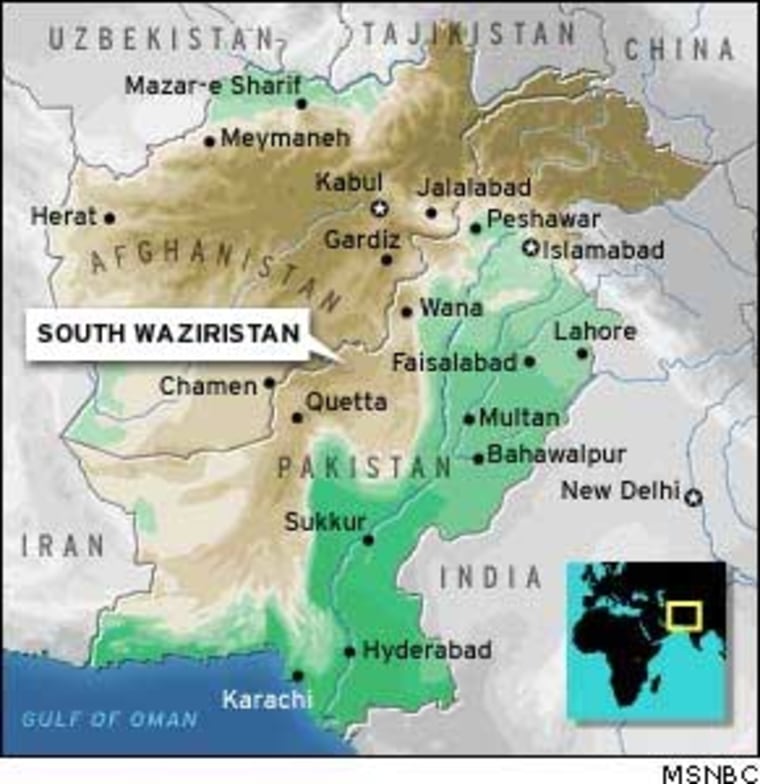A bomb factory with material for up to 20 sophisticated devices has been uncovered in the center of the Afghan capital, the NATO-led peacekeeping force said on Sunday.
The factory was discovered in a raid by Afghan police near the city's Television Hill early on Friday in which one man was arrested, Commander Chris Henderson, spokesman for the International Security Assistance Force, told a news briefing.
"This was a significant find and the materials seized indicate clear technical proficiency in the manufacture of explosive devices," he said.
"This cache, containing precision timing mechanisms, charge initiation devices, and enough explosives to make up to 20 bombs no longer poses a threat to the people of Kabul or Afghanistan."
Henderson said the discovery represented "a solid success" for the Kabul police. He said ISAF soldiers had provided back-up security for the raid.

Henderson said he had no information about the affiliation of the man arrested or the intended targets of the bombs.
"We haven't made all the links," he said. "All of these operations are conducted within the context of longer-term investigations."
"Our goal is not to take down the small fry, but use the information that we gain to take down the big fish, to find out what the larger networks or terror are -- who the people are who are training, financing, equipping and sending these people out to conduct these operations."
The Afghan capital is patrolled by more than 6,000 ISAF peacekeepers and is also home to the headquarters of a 13,500-strong U.S.-led force pursuing remnants of the former Taliban regime, al-Qaida and allied militants.
Kabul has experienced several bomb attacks since the overthrow of the Taliban in late 2001.
In the worst, in March 2002, 26 civilians were killed and more than 150 wounded in a blast at a busy intersection.
In late January two peacekeepers were killed in suicide bombing attacks and five Afghan security personnel lost their lives in a similar incident at the end of last year.
The bloodiest suicide attack on the NATO-led force came last June, when four German soldiers were killed and 31 wounded.
The Taliban claimed responsibility for the three suicide bombings, but officials also suspect al-Qaida and forces of an allied renegade warlord, Gulbuddin Hekmatyar, of involvement in attacks.